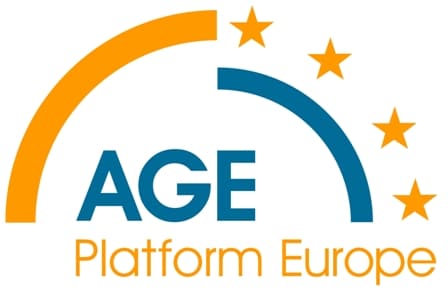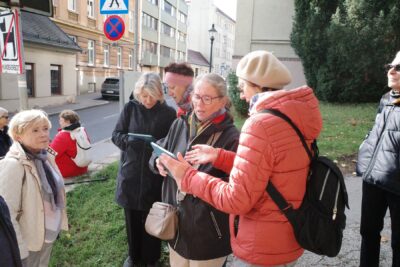During a meeting on 14 June, Ministers for Employment and Social Affairs adopted conclusions on the Strategy for the Rights of Persons with Disabilities 2021-2030. These conclusions call on the 27 EU member states to ensure better inclusion of people with disabilities and to guarantee the respect of their rights, particularly in terms of free movement, employment and housing.

- the creation of a European disability card by the end of 2023,
- recommendations to strengthen the social inclusion and autonomy of people with disabilities for 2023,
- a framework for the provision of social services to people with disabilities by 2024,
- a package of measures to improve the integration of people with disabilities into the labour market in 2022,
- a new human resources strategy within the European Commission to promote diversity and the integration of people with disabilities,
- the launch in 2022 of AccessibleEU, a European resource centre which will provide a framework for sharing good practice for national policy development.
At national level, the EU Council also recognises the need for action to improve the inclusion of the 87 million people in the EU with disabilities. To this end, it calls upon the 27 EU countries to adopt policies that value the potential of people with disabilities and to combat stereotypes about them.
The draft conclusions also call on national governments to:
- ensure the transposition of EU legislation on accessibility of products, services, media, transport and buildings into national law;
- address the current gaps in the collection of statistical data on the situation of people with disabilities namely in strengthening their cooperation through AccessibleEU;
- consult “actively and regularly” with civil society organisations representing or working with people with disabilities.
The Council also emphasizes the “intersectionality” of disability with other disadvantageous characteristics: gender or socio-economic characteristics, for example, which may expose some people with disabilities “to multiple or aggravated forms of discrimination”.

> Read more on our calls:






